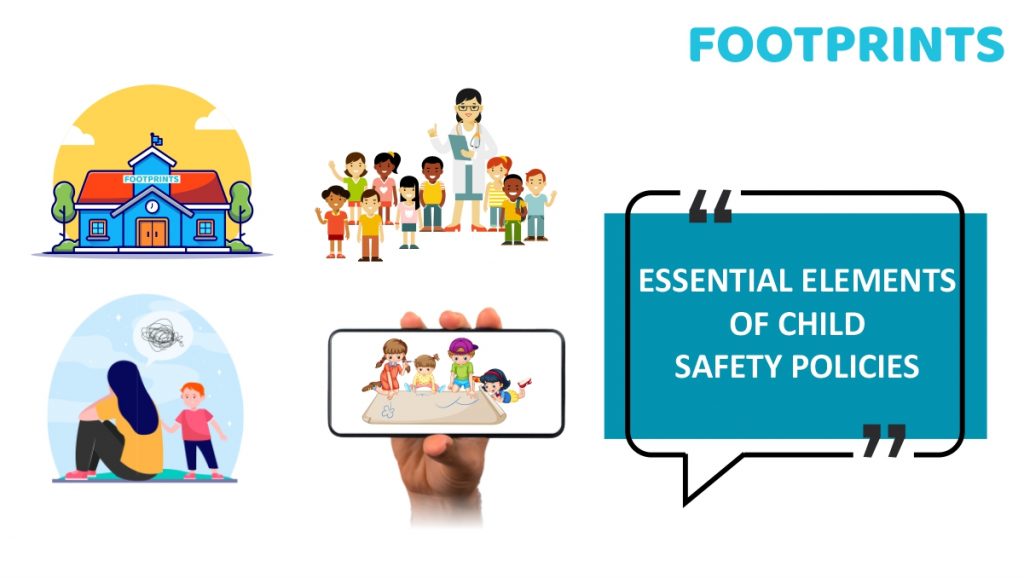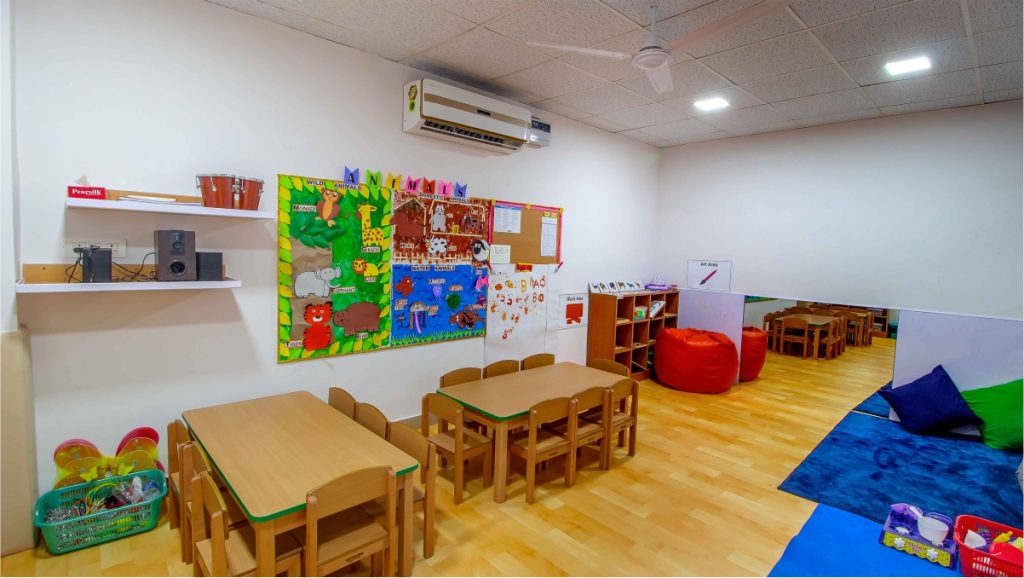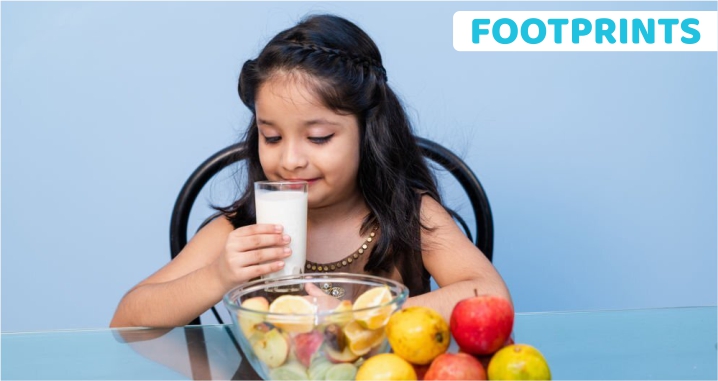
Research shows that 90% of a child’s brain develops by the time he or she attains 5 years of age. With children spending a lot of time at school in their formative years, a school must offer a secure and positive environment that is conducive to the child’s holistic development. Implementing robust health and safety policies ensures that the students can focus on the skills needed to carve a successful future for themselves.
School safety policy, therefore, needs to include a wide range of issues, including physical safety, emotional safety, and more.
Let us look at some of these aspects in detail, beginning with children’s physical safety. These aspects are essential considering the latest data released by the National Crime Records Bureau that reflects the growing vulnerability of children, with over 1.49 lakh cases of crime against children registered in 2021 alone.
Infrastructure
The first thing required to ensure the child’s physical safety is the proper infrastructure. In a preschool, for instance, due emphasis must be given to providing childproof infrastructure. Whether it is childproofing all the classrooms or using non-toxic play material, a lot of care needs to be taken to ensure the children are kept physically safe. It is also essential to see that school buildings are built to be more resilient to hazards and ensure overall “life safety”. School administration, staff, teachers, and students must be aware and prepared to respond to any catastrophe, be it natural or man-made, so that any damage can be avoided.
Other Safety measures
Another important safety measure is to equip classrooms with CCTV cameras and make sure that live CCTV footage is available to parents. At Footprints, live CCTV footage, as well as real-time mobile updates, not only ensure the safety of students but also peace of mind for parents.
In addition to the above, ensuring the physical safety of students demands that there be a robust system in place when it comes to the dispersal mechanism as well as the entry and exit of outsiders. The school also needs to ensure that due reference checks have been made for all the school staff. Similarly, school transport, if any, must be equipped with GPS tracking, so that student safety is not compromised at any level.
Health and Hygiene
Ensuring proper hygiene and health of students is yet another critical responsibility of schools. To this end, several necessary measures need to be undertaken. Whether it is ensuring proper hygiene and sanitation or ensuring that the food available to students is wholesome and nutritious. At Footprints, we ensure that a qualified nutritionist prepares the menu and that the menu has no place for junk food. It is important to remember that not only is healthy food necessary for the overall growth and development of the child, but children also develop their relationship with food early.
Psycho-Social Aspects
While the physical safety of the child is essential, what is equally important is ensuring the psychological safety of students. To this end, schools need to ensure that the child is not exposed to any violence, be it corporal punishment, bullying or any other form of child abuse. It is important to remember that any psycho-social maltreatment isn’t just against every principle of freedom and dignity of a child; it also affects the child’s self-esteem and sense of self-worth. To this end, some of the aspects that schools need to take care of, include:
- Teachers and school staff must be trained to observe any indicators of possible maltreatment. Recognizing physical and emotional signs of child abuse,
- Having strong anti-bullying measures in school
- In addition, besides teaching academic skills, schools must teach children important life skills, including coping skills and more, to handle life’s ups and downs.
The World Health Organization (WHO) defines child abuse and child maltreatment as “all forms of physical and/or emotional ill-treatment, sexual abuse, neglect or negligent treatment or commercial or other exploitation, resulting in actual or potential harm to the child’s health.
Child abuse includes, among other things:
o Physical abuse/ Violence
o Emotional abuse
o Neglect/ Ill-treatment,
o Sexual abuse
To ensure the healthy physical, emotional, and social development of the child and to protect children from offenses of sexual assaults and sexual harassment and for matters connected therewith, the Government of India has notified the Protection of Children from Sexual Offenses Act, 2012 (32 of 2012)
To this end, some of the measures for Protection from Child Sexual Abuse in schools include:
- Ensuring police verification of school employees
- Zero tolerance policy towards sexual abuse
- Vigilant outlook by teachers and other employees
- Children to be escorted during travel for school outings.
- Make sure that all children are given enough information on personal safety.
In addition, there needs to be adequate sensitization and awareness of staff towards prevention, identification, and reporting of child sexual abuse and sexual violence. Staff members need to be taught to understand the essential characteristics of sexual abuse and its key indicators and be prepared to respond to inappropriate or harmful behaviour.
To sum up
A play school or a regular school needs to be a seat not just for academic learning but also for the child’s holistic development. To this end, the first aspect that needs to be in place as far as a school is concerned is a robust safety policy.
At Footprints, a preschool and daycare chain that has emerged as a parenting partner for parents across the country, we strongly focus on ensuring children’s holistic development. Whether maintaining an optimal teacher-to-student ratio that ensures every student gets the requisite attention in their formative years, providing healthy meals, or ensuring live CCTV streaming, we leave no stone unturned for their overall growth and development.





